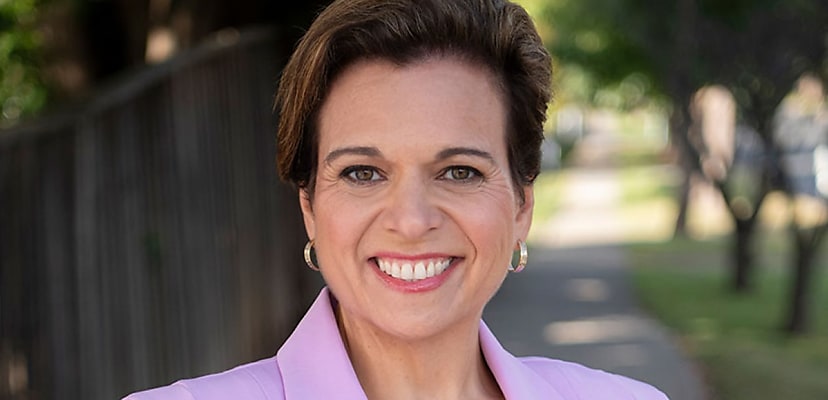The controversial social media ban raised privacy concerns after Australia said it would trial an age-verification system that may use government identification documents and/or biometrics to ensure a user is over age before registering.
This would require social media platforms like Meta and X to collect this information for the verification process.
According to reports, several Labor MPs raised the concerns internally regarding the privacy issues with the bill. Now, Minister Rowland has pledged that social media platforms would not be able to request personal documents to verify age.
Opposition Leader Peter Dutton had reportedly informed Liberal Party MPs that the party had negotiated for the change.
Prior to the amendment, Prime Minister Anthony Albanese said that part of the proposed legislation would obligate the social media giants to delete data it has collected for verification.
“There will be very strong and strict privacy requirements to protect people’s personal information, including an obligation to destroy information provided once age has been verified,” PM Albanese told the lower house.
In an earlier written submission to the government, X said it was concerned about the legislation, particularly in its current form.
“There is no evidence that banning young people from social media will work, and to make it law in the form proposed is highly problematic,” said the submission.
“The bill is vague and lacks fundamental definitions which are necessary to provide certainty and clarity to those providers that it seeks to regulate, especially alarming in the context that the bill is setting up a punitive regime.”
Additionally, X’s owner, Elon Musk, previously said that the legislation could be a stepping stone to government control over people’s social media and internet access.
“Seems like a backdoor way to control access to the internet by all Australians,” Musk wrote in response to Albanese’s announcement of the legislation.
The Greens have also called the legislation rushed baseless, going against previous findings.
“The government’s deal with [Liberal leader Peter] Dutton to ram through a social media age ban in under a week is rushed, reckless and goes against the evidence,” said Greens communications spokesperson Sarah Hanson-Young, adding that a parliamentary inquiry into social media found that “an age ban will not make social media safer for anyone”.
“It is complicated to implement and will have unintended consequences for young people.”
PM Albanese’s comments about the deletion of data came as part of a wider clarification of some of the proposed legislation’s key points.
The Prime Minister clarified that the legislation would put “the onus on social media companies, not young people, not their parents. We know that every law that applies to teenagers will be tested by teenagers. We’re not seeking to penalise young people pushing their luck. The penalties in this legislation apply to social media companies that don’t make sufficient effort and allow for systemic breaches.”
PM Albanese also said there are a number of exemptions and that under-16-year-olds would still be able to access “health and education-related services” like Google Classroom, Headspace, and YouTube, as well as online games and messaging services.
He also acknowledged that the legislation was a world first.
“I’ve seen people point out that nowhere else in the world has this been done yet. That’s true, but I also know that every serious government in the world is grappling with this issue and looking to take action,” he said.
“When it comes to the wellbeing of our young people, I don’t want Australia to wait around on the rest of the world; I want Australia to be one of the leading nations in the world.
“Equally, I’ve seen people say the law won’t fix everything, and it won’t work in every situation. That’s correct. You can’t have perfect law in an area like this, relating to technology, that will work 100 per cent, perfectly 100 per cent of the time. But we can’t make perfection a barrier to action.
“In many ways, one of the great values of this law is the message that it sends and the backup it provides to parents across Australia who feel out of their depth and worried about where all this will end. It’s for the parents of a young boy or girl coming home and saying, ’My friend I sit next to in the classroom has access to all this; why don’t I?’
“This is a tool for parents to work with their sons or daughters. This will provide an important tool for parents who worry about their children, as we all do, from the very day that they’re born. It never stops.”

Daniel Croft

